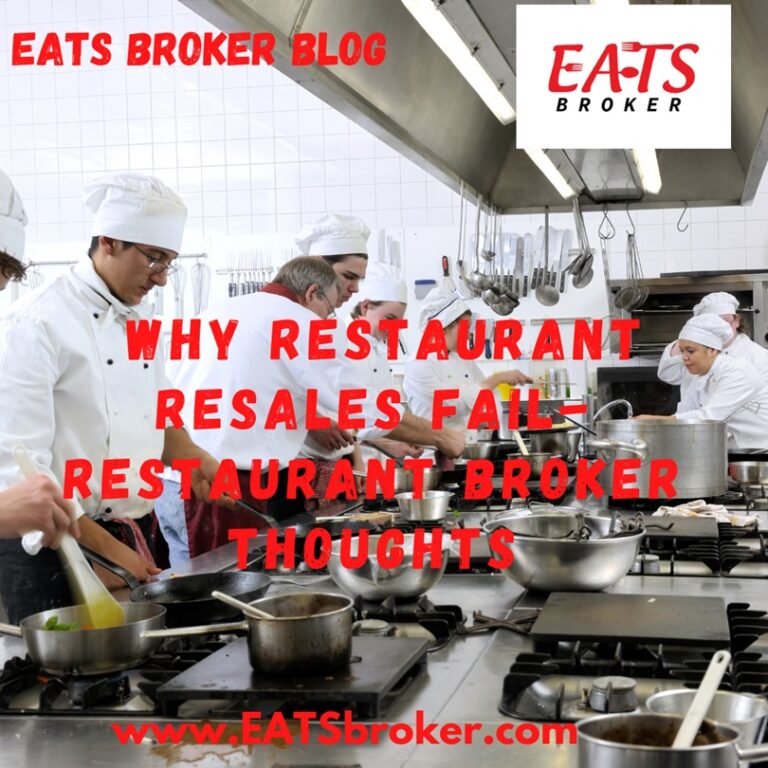
Why Restaurant Resales Fail-Restaurant Broker Thoughts
This blog is the first time EATS Broker shares its thoughts about why Restaurant Resales fail in today’s market. Before restaurant owners open the doors

This blog is the first time EATS Broker shares its thoughts about why Restaurant Resales fail in today’s market. Before restaurant owners open the doors
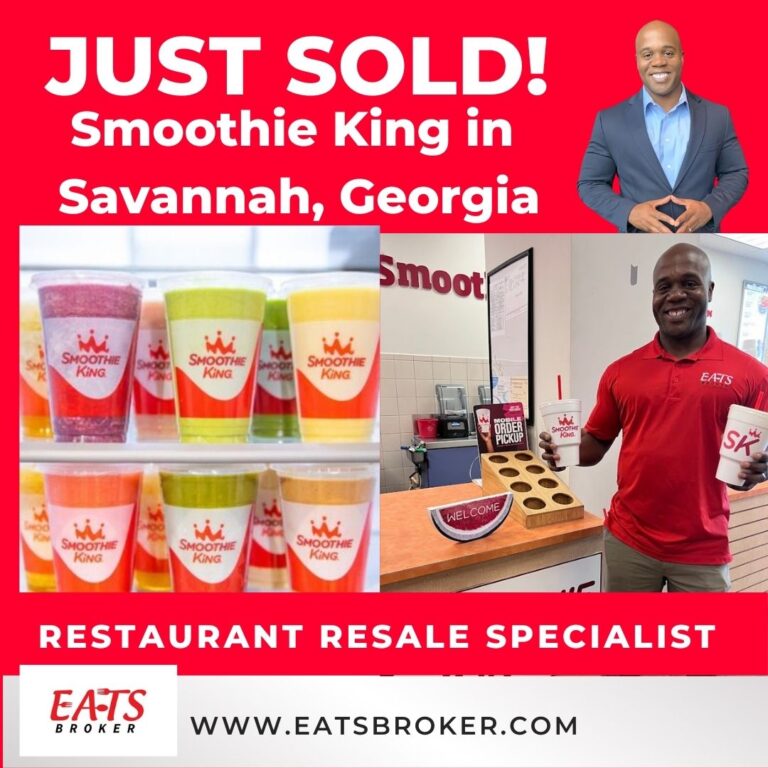
Dominique Maddox of EATS Broker sells Smoothie King, located at 4317 Ogeechee Rd, Suite 104, Savannah, GA 31405. EATS Broker represented the Seller and buyer
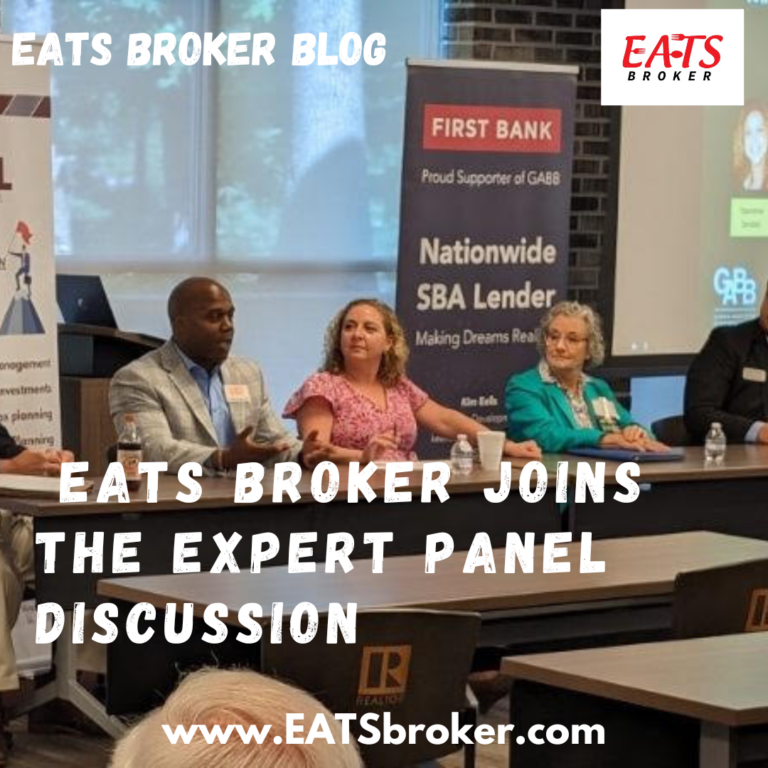
EATS Broker participated in the highly informative Expert Panel Discussion at the Georgia Association of Business Brokers (GABB) May General Meeting. The panel, consisting of

Dominique Maddox of EATS Broker attends the International Business Brokers Association conference at the Galt House in Louisville, Kentucky. The IBBA conference brings the top
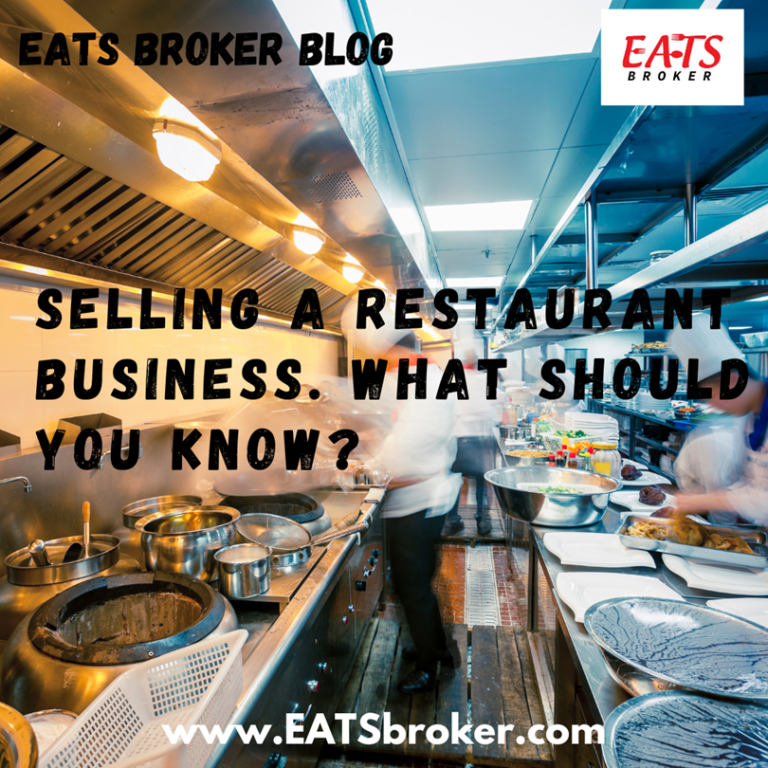
What are the steps to the closing table when selling a restaurant business? Each restaurant resale transaction is different because the terms and participating professionals
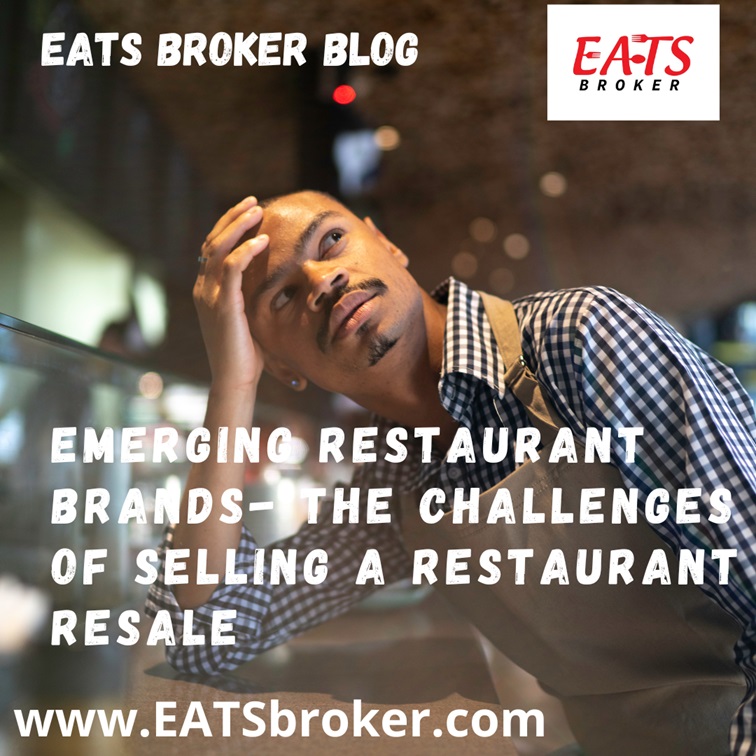
Selling a Restaurant resale, especially for an emerging brand, can present many challenges. An Emerging Restaurant Brand can be defined as a Franchise Brand with
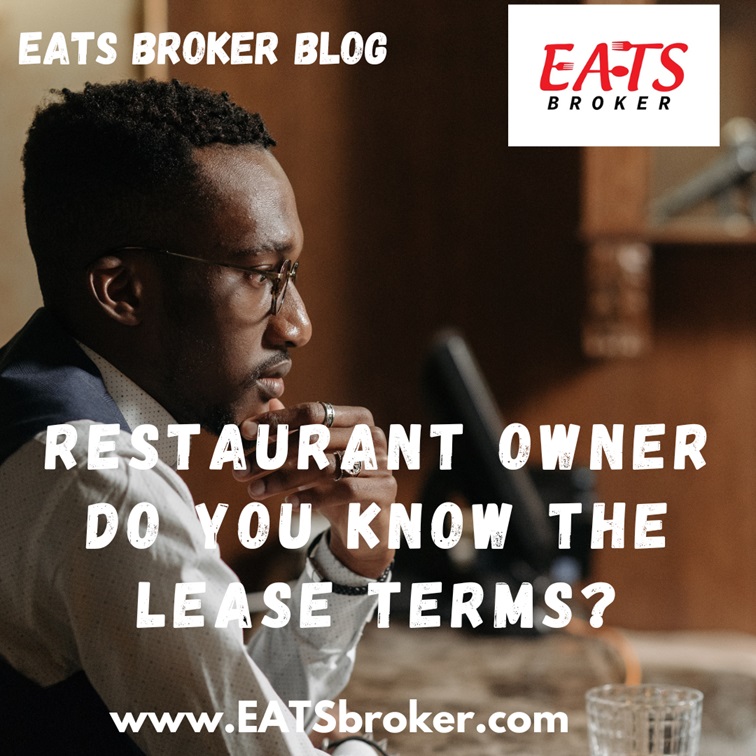
Ask a Restaurant Owner if you know the lease terms of your restaurant. The common answer will be, “Yes, I signed the lease agreement and
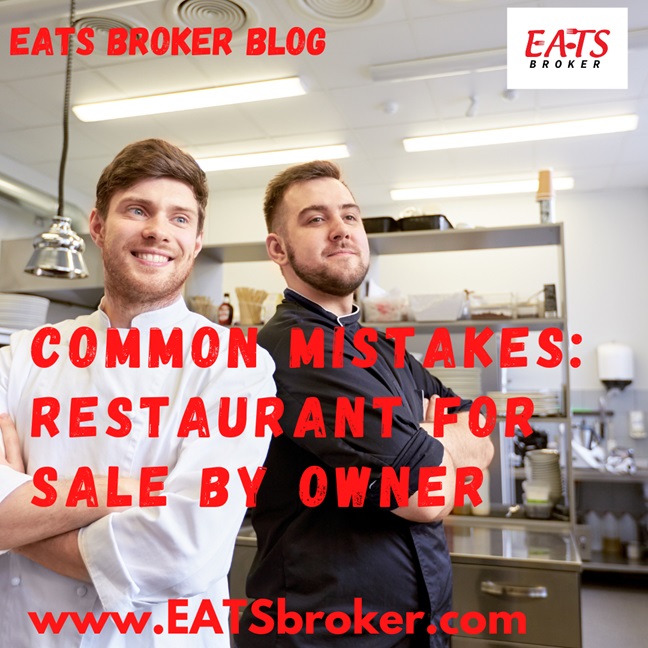
Restaurant for Sale by Owner listings usually try selling a restaurant business without the assistance of a Restaurant Broker. Some restaurant owners decide to sell
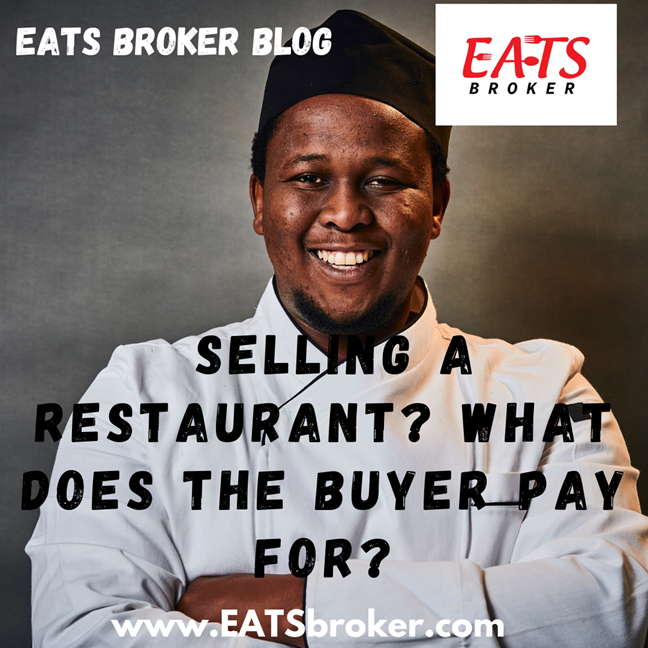
When selling a restaurant, most sellers don’t know what the buyer pays for at the closing table besides the listing price. Outside of the listing

© Copyright 2025 EATS Broker | Consumer Protection Notice | Information About Brokerage Services